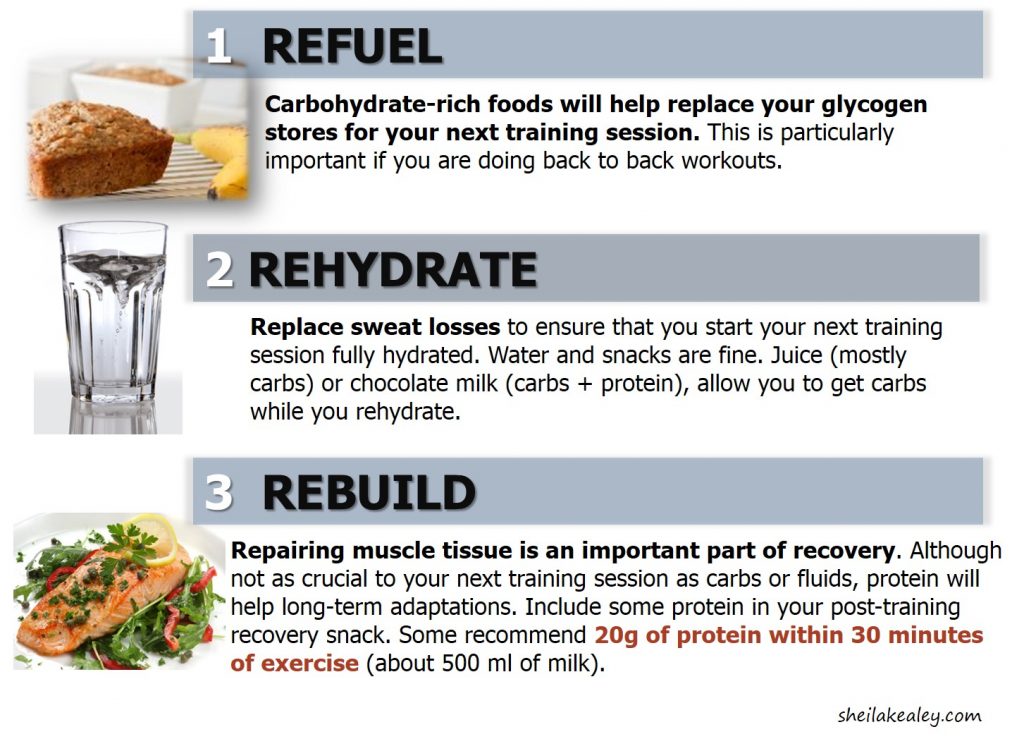Optimizing Athletic Recovery: Effective Nutritional Strategies
The Role of Nutrition in Athletic Recovery
Nutrition plays a critical role in athletic recovery, facilitating the repair and growth of muscle tissues, replenishing energy stores, and promoting overall recovery. Adequate nutrient intake is essential for athletes to perform at their best and reduce the risk of injury or illness. Given the unique demands and goals of each athlete, it is crucial to tailor nutritional strategies to individual needs and objectives.
Recovery nutrition strategies for athletes encompass a variety of factors, including the type, timing, and amount of nutrients consumed. By understanding the science behind these strategies, athletes can make informed decisions about their nutritional choices and optimize their recovery and performance.
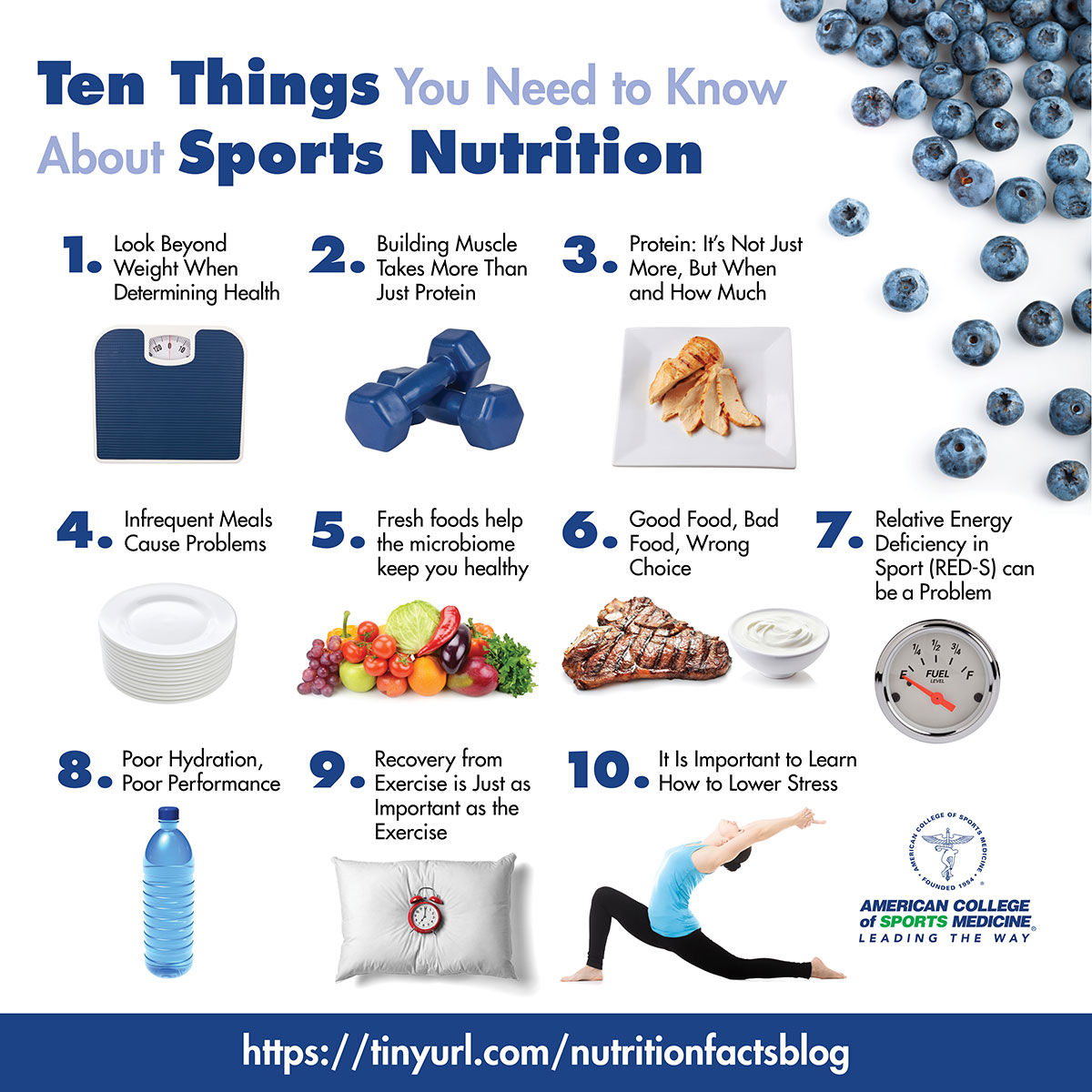
Post-Exercise Nutrient Timing: When to Refuel
The concept of the ‘window of opportunity’ for post-exercise nutrient intake emphasizes the importance of consuming nutrients within a specific timeframe for optimal recovery. Research suggests that this window lasts approximately 30 minutes to two hours after exercise, during which the body is more receptive to nutrient uptake and utilization. However, individual factors such as exercise type, duration, and intensity, as well as an athlete’s nutritional status and goals, can influence the optimal timing and composition of post-exercise nutrient intake.
For athletes engaging in high-intensity or prolonged exercise, consuming a combination of carbohydrates and protein within this window can help promote muscle repair, glycogen replenishment, and overall recovery. General guidelines suggest consuming 0.5-0.7 grams of carbohydrates per kilogram of body weight and 0.2-0.3 grams of protein per kilogram of body weight within 30 minutes of exercise, with additional nutrient intake every two to three hours thereafter as needed. However, athletes should consult with a sports nutritionist or healthcare professional to determine the optimal nutrient timing and composition for their individual needs and goals.
It’s important to note that the ‘window of opportunity’ is not a hard and fast rule, and that individual factors can influence the optimal timing and composition of post-exercise nutrient intake. For example, athletes who consume adequate nutrients before exercise may not need to prioritize immediate post-exercise nutrient intake, while those who engage in multiple exercise sessions per day may benefit from more frequent nutrient intake throughout the day. Additionally, athletes with specific dietary needs or restrictions, such as those following a vegetarian or vegan diet, may require individualized nutrient timing and composition recommendations.
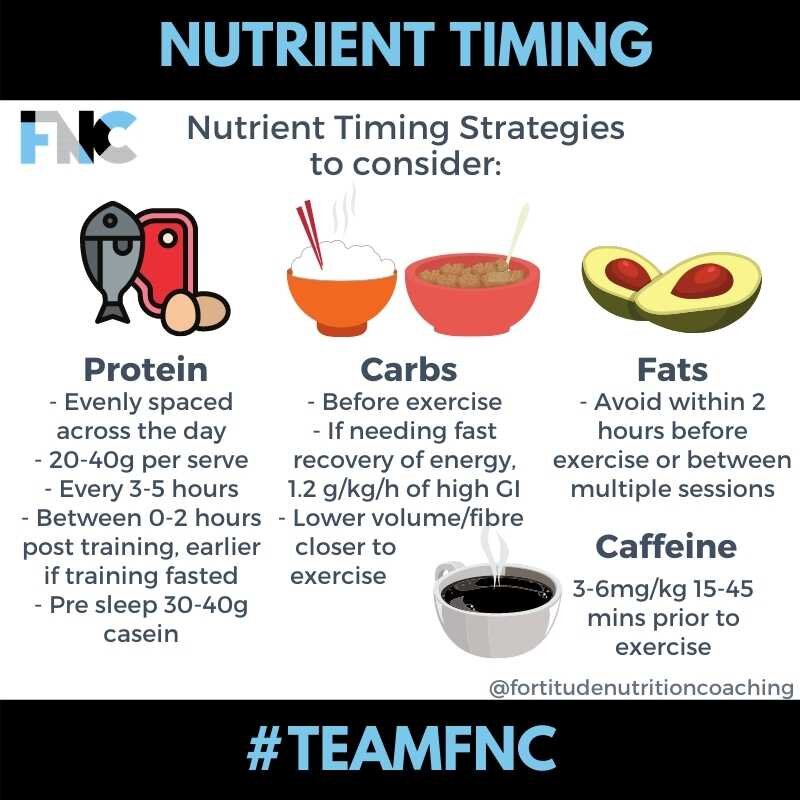.jpg)
Carbohydrate Consumption for Glycogen Replenishment
Carbohydrates play a crucial role in athletic recovery, particularly in the replenishment of muscle glycogen stores. Glycogen is the primary fuel source for high-intensity exercise, and depleted glycogen stores can lead to fatigue, decreased performance, and impaired recovery. Therefore, consuming adequate amounts of carbohydrates after exercise is essential to support muscle recovery and prepare for future exercise sessions.
The amount and type of carbohydrates needed for optimal glycogen replenishment can vary depending on exercise duration and intensity. Generally, athletes should aim to consume 1-1.5 grams of carbohydrates per kilogram of body weight per hour for the first four to six hours after exercise. For example, a 70 kg athlete should consume approximately 70-105 grams of carbohydrates per hour in the immediate post-exercise period.
The type of carbohydrates consumed can also impact glycogen replenishment. Simple carbohydrates, such as glucose and fructose, are quickly absorbed and can help replenish glycogen stores in the first few hours after exercise. Complex carbohydrates, such as whole grains and starchy vegetables, take longer to digest but can provide a sustained source of energy for longer-term recovery. Consuming a combination of simple and complex carbohydrates can help optimize glycogen replenishment and support overall recovery.
It’s important to note that individual factors such as age, gender, body weight, and dietary habits can also influence carbohydrate needs and glycogen replenishment. For example, endurance athletes or those engaged in multiple exercise sessions per day may require higher carbohydrate intake to support their training demands. Athletes with specific dietary needs or restrictions, such as those following a low-carbohydrate diet, may require individualized carbohydrate intake recommendations.
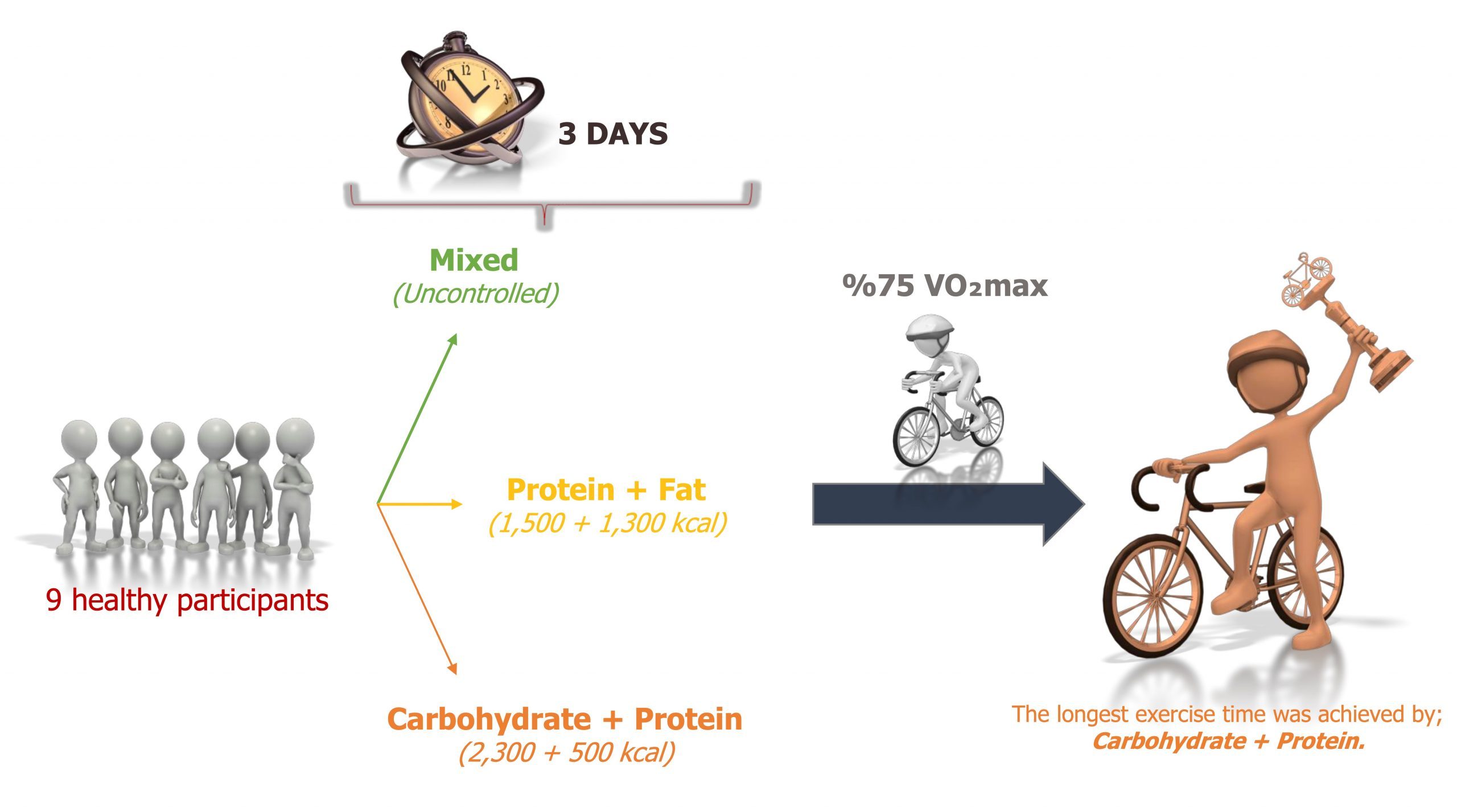
Protein Intake for Muscle Repair and Synthesis
Protein intake is a critical component of recovery nutrition strategies for athletes, as it plays a crucial role in muscle repair and synthesis. During exercise, muscle fibers can become damaged, leading to muscle soreness and impaired function. Consuming adequate amounts of protein after exercise can help promote muscle repair and synthesis, leading to improved recovery and performance.
The amount and type of protein needed for optimal muscle recovery can vary depending on individual factors such as body weight, age, and gender. Generally, athletes should aim to consume 0.25-0.3 grams of protein per kilogram of body weight per meal, with a minimum of three to four meals per day. For example, a 70 kg athlete should consume approximately 18-21 grams of protein per meal.
The type of protein consumed can also impact muscle recovery. High-quality proteins, such as whey protein, contain all nine essential amino acids and are quickly absorbed, making them ideal for post-exercise recovery. Plant-based proteins, such as soy and pea protein, can also be effective for muscle recovery but may require additional supplementation of essential amino acids. Consuming protein in combination with carbohydrates can further enhance muscle recovery and glycogen replenishment.
It’s important to note that individual factors such as age, gender, body weight, and dietary habits can also influence protein needs. For example, older athletes or those with higher body weight may require higher protein intake to support muscle recovery. Athletes with specific dietary needs or restrictions, such as those following a vegetarian or vegan diet, may require individualized protein intake recommendations.

Hydration Strategies for Optimal Recovery
Recovery nutrition strategies for athletes should not overlook the crucial role of hydration in athletic recovery. Proper hydration is essential for replacing fluids and electrolytes lost during exercise, promoting optimal muscle function, and supporting overall recovery. Neglecting hydration needs can lead to dehydration, negatively impacting performance and increasing the risk of injury.
To optimize recovery, athletes should focus on rehydrating immediately after exercise and continuing to hydrate throughout the day. The American College of Sports Medicine (ACSM) recommends consuming 16-24 ounces of fluid for every pound of body weight lost during exercise. This can be achieved by drinking water, sports drinks, or other beverages containing electrolytes to help replenish losses.
Individual factors, such as sweat rate, exercise duration, and intensity, can influence hydration needs. Athletes with higher sweat rates or engaging in prolonged, intense exercise may require more fluids and electrolytes than those participating in shorter, less intense activities. Monitoring sweat rate and body weight before and after exercise can help athletes determine their individual hydration needs and adjust their strategies accordingly.
In addition to fluid intake, athletes should also consider electrolyte replacement. Sodium, potassium, calcium, and magnesium are essential electrolytes lost through sweat during exercise. Consuming beverages containing these electrolytes can help maintain electrolyte balance and support optimal muscle function. Sports drinks, coconut water, and electrolyte-infused water are popular options for post-exercise rehydration.
It’s important to note that overhydration can also be detrimental to recovery and performance. Consuming excessive fluids can dilute sodium levels in the blood, leading to a condition called hyponatremia. To avoid overhydration, athletes should listen to their bodies and drink when thirsty, rather than following a rigid hydration schedule.
In summary, proper hydration is a critical component of recovery nutrition strategies for athletes. By focusing on rehydrating immediately after exercise, replacing fluids and electrolytes lost during exercise, and considering individual factors, athletes can support optimal recovery and performance. Remember, hydration needs are unique to each athlete, and monitoring and adjusting hydration strategies can help ensure their effectiveness in promoting recovery and performance goals.

Supplementation: Enhancing Recovery with Nutritional Aids
Recovery nutrition strategies for athletes can be further optimized through the use of targeted supplementation. While a balanced diet should always be the foundation of any nutrition plan, certain nutritional aids can provide additional benefits for athletic recovery. This section will discuss the role of branched-chain amino acids (BCAAs), creatine, and beta-alanine in enhancing recovery and performance.
Branched-Chain Amino Acids (BCAAs)
BCAAs, which include leucine, isoleucine, and valine, are essential amino acids that play a critical role in muscle protein synthesis and recovery. Research suggests that supplementing with BCAAs may help reduce muscle soreness, improve muscle function, and enhance muscle recovery following exercise. A typical dosage for BCAAs is 5-20 grams per day, consumed before, during, or after exercise.
Creatine
Creatine is a naturally occurring compound found in small amounts in foods such as red meat and fish. It is also produced in the liver, kidneys, and pancreas. Creatine supplementation has been shown to increase muscle phosphocreatine stores, which can enhance high-intensity exercise performance and support muscle recovery. A typical dosage for creatine is 3-5 grams per day, consumed either before or after exercise.
Beta-Alanine
Beta-alanine is a non-essential amino acid that has been shown to improve exercise performance and support muscle recovery. It works by increasing muscle carnosine levels, which can help buffer muscle acidity during high-intensity exercise. A typical dosage for beta-alanine is 2-5 grams per day, consumed either before or after exercise. It’s worth noting that beta-alanine supplementation may cause a tingling sensation in the skin, known as paresthesia, which is harmless but can be uncomfortable for some individuals.
When considering supplementation, it’s important to keep in mind individual factors such as exercise goals, dietary habits, and budget. Not all supplements are appropriate for every athlete, and it’s essential to consult with a healthcare professional or registered dietitian before adding any new supplements to your nutrition plan. Additionally, athletes should prioritize a balanced diet that meets their nutritional needs before turning to supplementation. By incorporating targeted nutritional aids alongside a well-rounded diet, athletes can further optimize their recovery nutrition strategies and support their performance goals.
In summary, supplementation can play a role in enhancing recovery and performance for athletes. Branched-chain amino acids (BCAAs), creatine, and beta-alanine are three nutritional aids that have been shown to provide benefits for athletic recovery. However, it’s essential to consider individual factors and consult with a healthcare professional before adding any new supplements to your nutrition plan. By prioritizing a balanced diet and incorporating targeted nutritional aids, athletes can optimize their recovery nutrition strategies and support their performance goals.

Personalizing Recovery Nutrition Strategies: Tailoring Approaches to Individual Needs
Recovery nutrition strategies for athletes should be highly individualized, taking into account a range of factors that can influence recovery needs and goals. By personalizing recovery nutrition approaches, athletes can optimize their recovery and performance outcomes while also promoting long-term health and well-being. This section will discuss the key factors that can influence recovery nutrition and provide examples of how to tailor recovery nutrition strategies to individual athletes.
Exercise Type, Duration, and Intensity
The type, duration, and intensity of exercise can all impact recovery nutrition needs. For example, endurance athletes may require more carbohydrates to support glycogen replenishment, while strength and power athletes may prioritize protein intake to support muscle repair and synthesis. Additionally, longer or higher-intensity exercise sessions may necessitate more extensive recovery nutrition strategies, including greater carbohydrate and protein intake, as well as targeted supplementation.
Age, Gender, Body Weight, and Dietary Habits
Individual factors such as age, gender, body weight, and dietary habits can also influence recovery nutrition needs. For example, older athletes may require more protein to support muscle repair and synthesis, while female athletes may have different hydration needs due to differences in sweat rate and electrolyte balance. Similarly, athletes with specific dietary restrictions or preferences (such as vegetarian or gluten-free) may need to tailor their recovery nutrition strategies to ensure adequate nutrient intake.
Examples of Personalized Recovery Nutrition Strategies
Here are some examples of how to tailor recovery nutrition strategies to individual athletes:
- Endurance athlete: Consume 1-1.2 grams of carbohydrates per kilogram of body weight within 30-60 minutes of exercise, followed by additional carbohydrates and protein (0.3-0.4 grams per kilogram of body weight) every 2-3 hours for several hours post-exercise.
- Strength and power athlete: Consume 20-40 grams of protein (depending on body weight and gender) within 30-60 minutes of exercise, along with adequate carbohydrates to support glycogen replenishment.
- Female athlete: Prioritize hydration and electrolyte replacement, particularly during longer or higher-intensity exercise sessions. Consider consuming additional protein to support muscle repair and synthesis.
- Vegetarian athlete: Incorporate plant-based protein sources such as tofu, tempeh, or lentils into recovery nutrition strategies. Consider supplementing with BCAAs or other essential amino acids to support muscle recovery.
By personalizing recovery nutrition strategies to individual athlete’s needs and goals, athletes can optimize their recovery and performance outcomes while also promoting long-term health and well-being. It’s essential to continually assess and adjust recovery nutrition strategies based on individual factors and changing needs, and to consult with a healthcare professional or registered dietitian for personalized guidance and support.
In summary, personalizing recovery nutrition strategies is crucial for optimizing athletic recovery and performance. Factors such as exercise type, duration and intensity, age, gender, body weight, and dietary habits can all influence recovery nutrition needs. By tailoring recovery nutrition strategies to individual athletes, athletes can ensure adequate nutrient intake, support muscle repair and synthesis, and promote long-term health and well-being. It’s essential to continually assess and adjust recovery nutrition strategies based on individual factors and changing needs, and to consult with a healthcare professional or registered dietitian for personalized guidance and support.
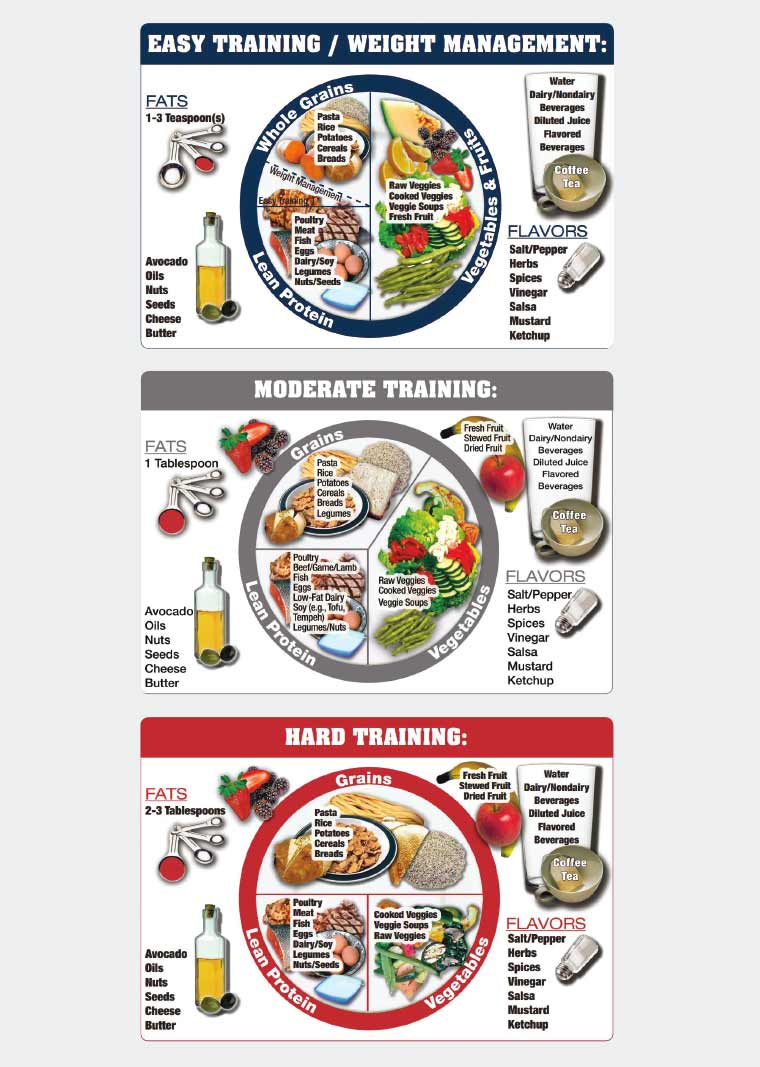
Monitoring and Evaluating Recovery Nutrition Strategies: Assessing Effectiveness and Making Adjustments
Recovery nutrition strategies for athletes play a critical role in optimizing athletic performance and overall well-being. To ensure the effectiveness of these strategies, it is essential to monitor and evaluate them regularly. This ongoing process involves tracking nutrient intake, monitoring recovery markers, and making adjustments as needed to continually refine and improve recovery nutrition approaches.
One key aspect of monitoring recovery nutrition strategies is tracking nutrient intake. This can be done using a variety of tools, such as food diaries, mobile apps, or nutrition analysis software. By accurately recording the types and amounts of nutrients consumed, athletes can ensure they are meeting their individual nutritional needs and goals. This information can also be used to identify any potential gaps or areas for improvement in the recovery nutrition plan.
In addition to tracking nutrient intake, it is also important to monitor recovery markers such as muscle soreness, fatigue, and inflammation. These markers can provide valuable insights into the effectiveness of the recovery nutrition strategy and help athletes determine whether adjustments are needed. For example, if muscle soreness and fatigue persist despite a consistent recovery nutrition plan, it may be necessary to increase protein or carbohydrate intake, or to incorporate specific nutritional aids such as branched-chain amino acids (BCAAs) or omega-3 fatty acids.
When making adjustments to recovery nutrition strategies, it is important to consider individual factors such as exercise type, duration and intensity, age, gender, body weight, and dietary habits. For example, athletes engaged in high-intensity or prolonged exercise may require higher levels of carbohydrates and protein to support muscle recovery and glycogen replenishment. Similarly, older athletes or those with certain medical conditions may require different nutritional approaches to support their recovery and performance goals.
Ultimately, the key to effective recovery nutrition is to approach it as an ongoing process of monitoring, evaluation, and refinement. By tracking nutrient intake, monitoring recovery markers, and making adjustments as needed, athletes can ensure they are getting the most out of their recovery nutrition strategies and optimizing their performance and well-being.
In conclusion, recovery nutrition strategies for athletes are a critical component of athletic performance and overall health. By monitoring and evaluating these strategies, athletes can ensure they are meeting their individual nutritional needs and goals, and make adjustments as needed to continually refine and improve their recovery nutrition approaches. By taking a proactive and ongoing approach to recovery nutrition, athletes can optimize their performance, reduce their risk of injury and illness, and achieve their long-term goals.
Remember, there is no one-size-fits-all approach to recovery nutrition, and what works for one athlete may not work for another. By personalizing recovery nutrition strategies to individual needs and preferences, athletes can ensure they are getting the most out of their nutrition plan and achieving their performance and well-being goals.
So, whether you are a professional athlete, a weekend warrior, or simply someone looking to improve your overall health and well-being, consider the importance of recovery nutrition and take steps to monitor, evaluate, and refine your nutrition plan today. With a little effort and dedication, you can optimize your performance, reduce your risk of injury and illness, and achieve your long-term goals.
